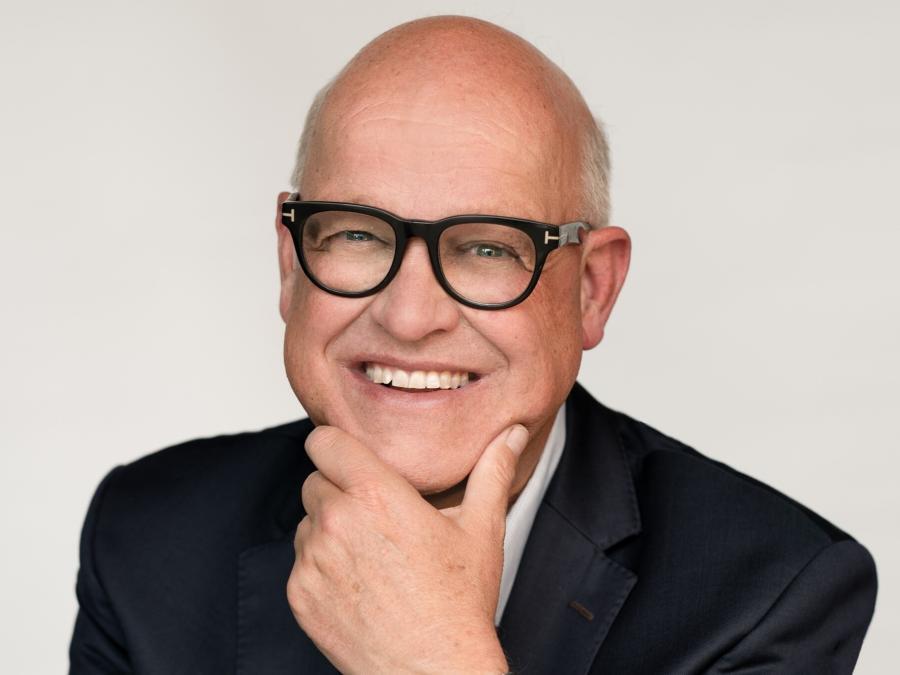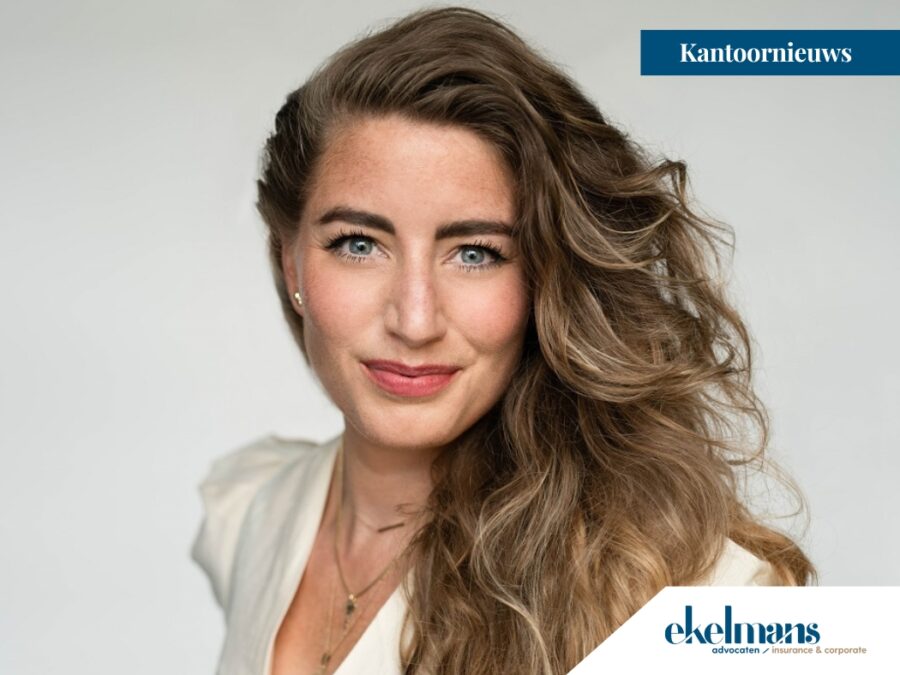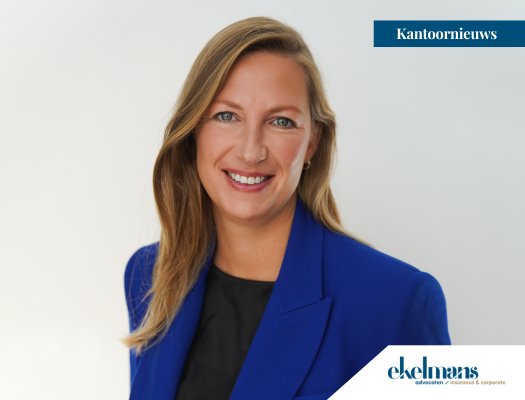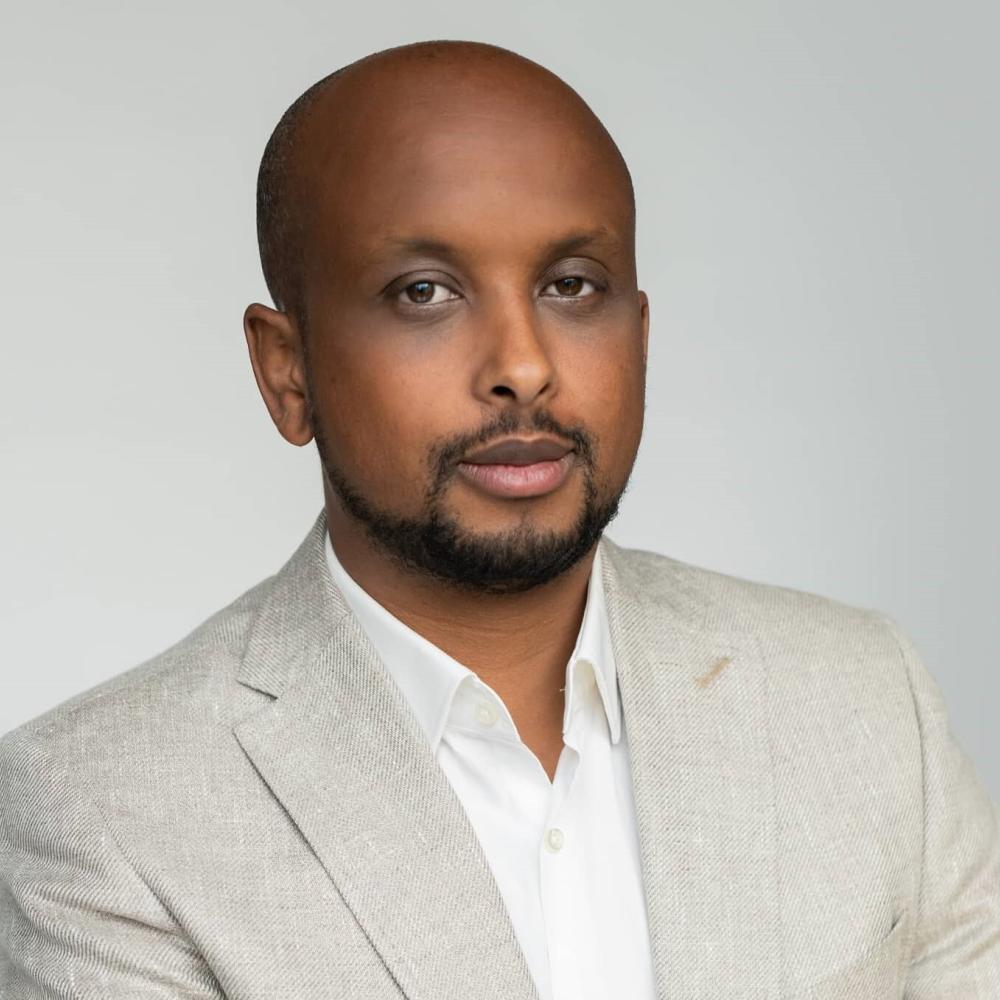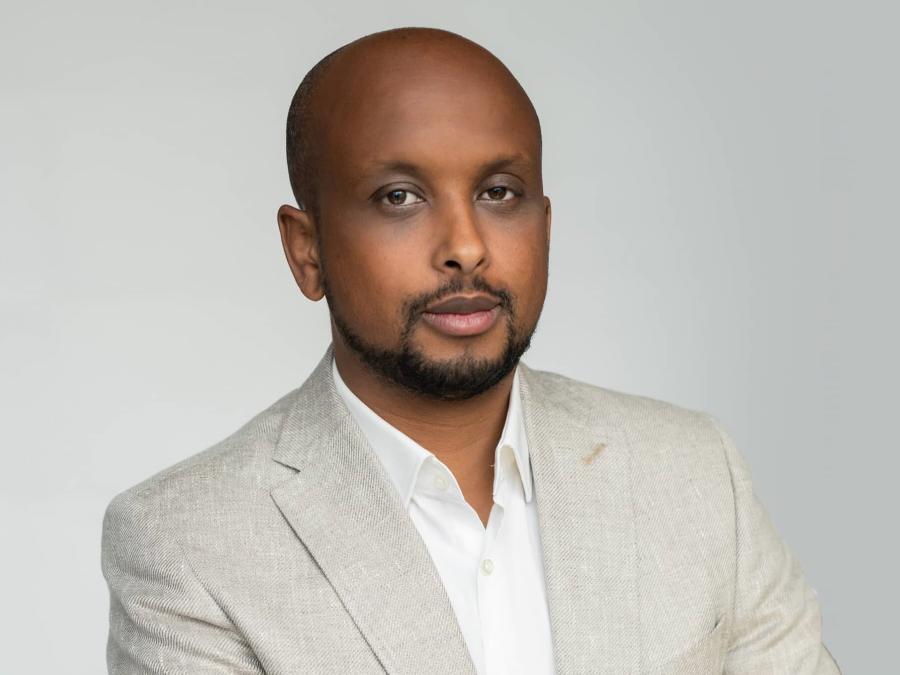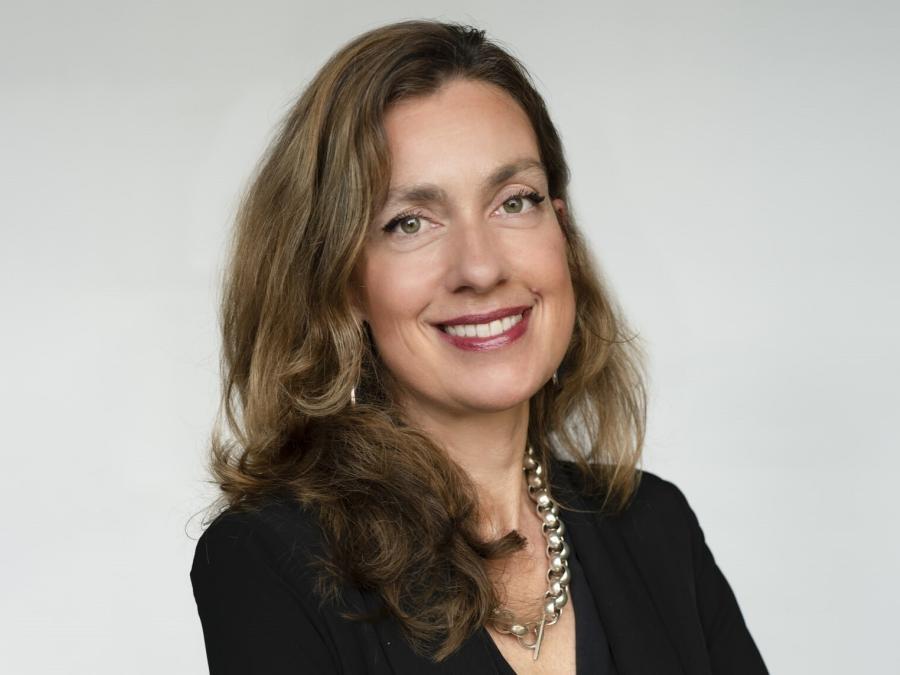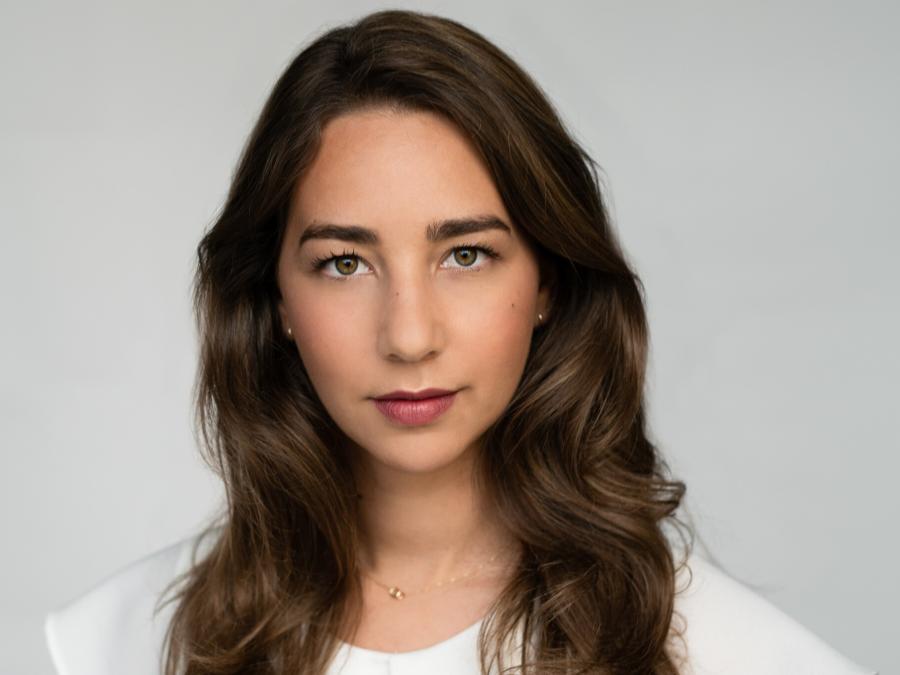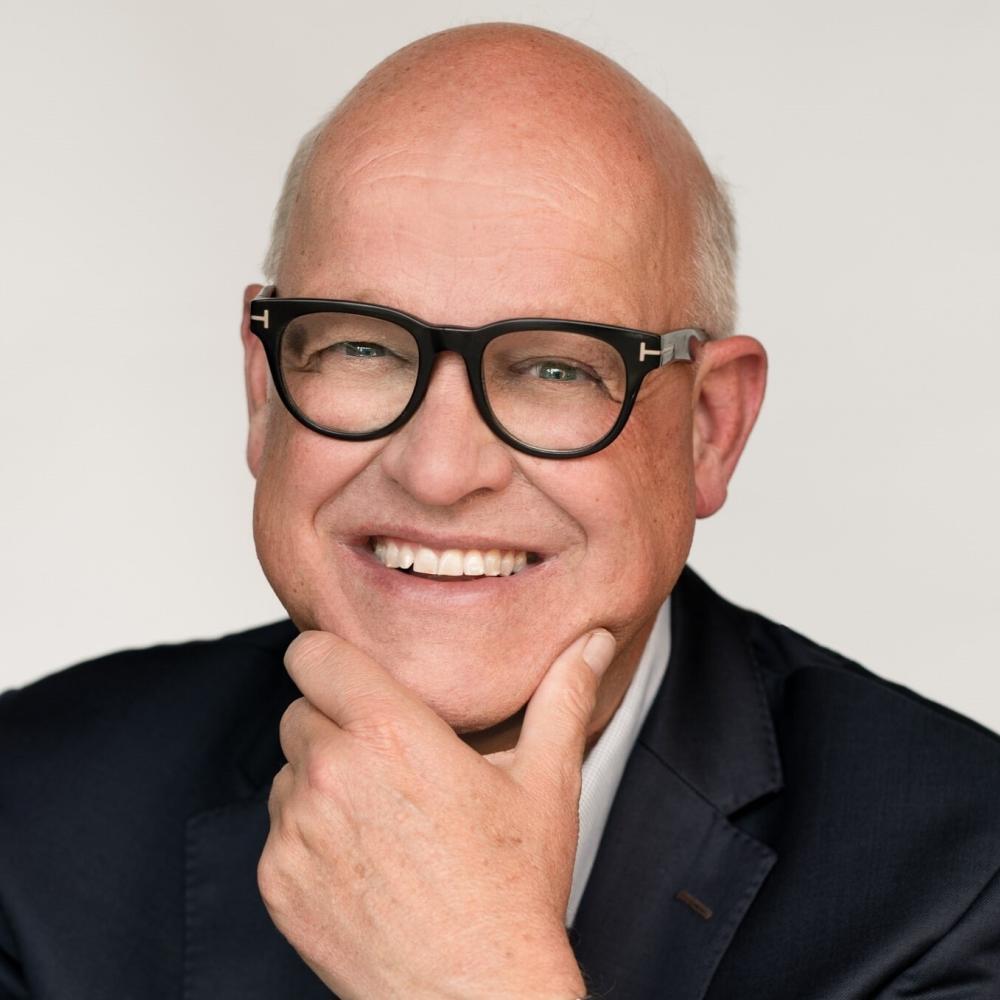In March this year, the Supreme Court ruled (again) on this question and this time in a case involving a detainee who was placed under a too strict detention regime by the Dutch government. It was already legally established that the state had acted unlawfully. But does that also mean that there is a right to compensation for immaterial damage claimed by the detainee?
This article discusses how compensation for immaterial damage is regulated by Dutch law and what kind of development you see at the Supreme Court.
The case
In 2013, the claimant was sentenced to life imprisonment. During his pre-trial detention, the claimant was placed in the so-called “Extra Secure Institution” (ESI). After the claimant objected to this at the Council for the Administration of Criminal Justice and Protection of Juveniles, it considered that his stay there was unjustified. He was then transferred to another institution.
For this unjustified stay (of 350 days) the State paid a fixed compensation based on the ground of fairness of €1.375,00. However, the detainee believed he was entitled to higher compensation. He claimed he had suffered immaterial damage and that he had been affected in his person by the unlawful stay. He had never felt safe there. This was due to the many physical examinations and the intimate, body searches. He also had experienced his stay as social isolation.
Mental injury
Under Dutch law, one can only claim compensation for immaterial damage if the law provides for this. This because of the legislator’s idea that a claim is only justified in serious cases. One of the legal bases can be found in Article 6:106 of the Dutch Civil Code, paragraph 1, sub b. According to that article, a right to compensation is foreseen if the injured person (i) has sustained a physical injury, (ii) has been compromised in his honor or good name or (iii) has been affected otherwise in his person.
In this case, there was no physical injury nor a compromising in his honor or good name, so the question here is whether or not the detainee had been affected otherwise in his person.
The Supreme Court already judged on this topic in other cases a few times earlier. According to the Supreme Court in 2002, it is not enough to speak of personal harm when there has been more or less strong mental discomfort or feeling hurt. The starting principle is that the existence of mental injury is established in court, which in general will only be the case if there is a disease recognized in psychiatry. A year later, the Supreme Court considers that in any case, the injured party must provide sufficient and specific information that shows that psychological damage has occurred in connection with the circumstances of the case, which requires that the existence of mental injury be established by objective standards.
Almost ten years later, in 2012, the Supreme Court ruled that an exception can be made to the principle that mental injury must be established in court, in connection with the serious severity of the violation of standards and the consequences thereof for the injured party.
Consequences for the injured party
Both the court of the first instance and the appeal court rejected the view of the claimant. The Court of Appeal considers if the exception to the principle that there must be mental injury occurred here. But in this case – according to the court – there were no grounds for accepting such an exception since the claimant had not furnished sufficient facts about the consequences that the stay in the ESI had for him.
Immaterial compensation for violation of a fundamental right?
In the appeal in cassation, the claimant complains, among other things, that there has been a violation of a fundamental right and that the Court of Appeal has misunderstood that in the event of a violation of certain rights, it must be assumed that immaterial harm has been suffered. After all, the unlawful deprivation of liberty is a serious (fundamental) violation of his privacy.
The Supreme Court does not agree with that. First, the Supreme Court repeats its earlier judgments. The Supreme Court then rules that when someone takes the position that he has been affected in his person, he must substantiate that with specific facts. However, the nature and seriousness of the violation of standards may – where appropriate – mean that the adverse consequences for the injured person are so obvious that an impairment in his person can be assumed.
However, impairment in his person as referred to in art. 6: 106 (1) (b) of the Dutch Civil Code, can not be assumed with only a violation of a fundamental right. Even then, there must be sufficient certainty about the consequences of that violation. Therefore, the above-mentioned complaint is unsuccessful.
In addition, the Supreme Court finds the Court of Appeal’s opinion that the claimant’s consequences of the breach of standards have not been established legally, not incomprehensible. The claimant must, therefore, be satisfied with the compensation of € 1.375,00.
Bron: Insurance Law Global


